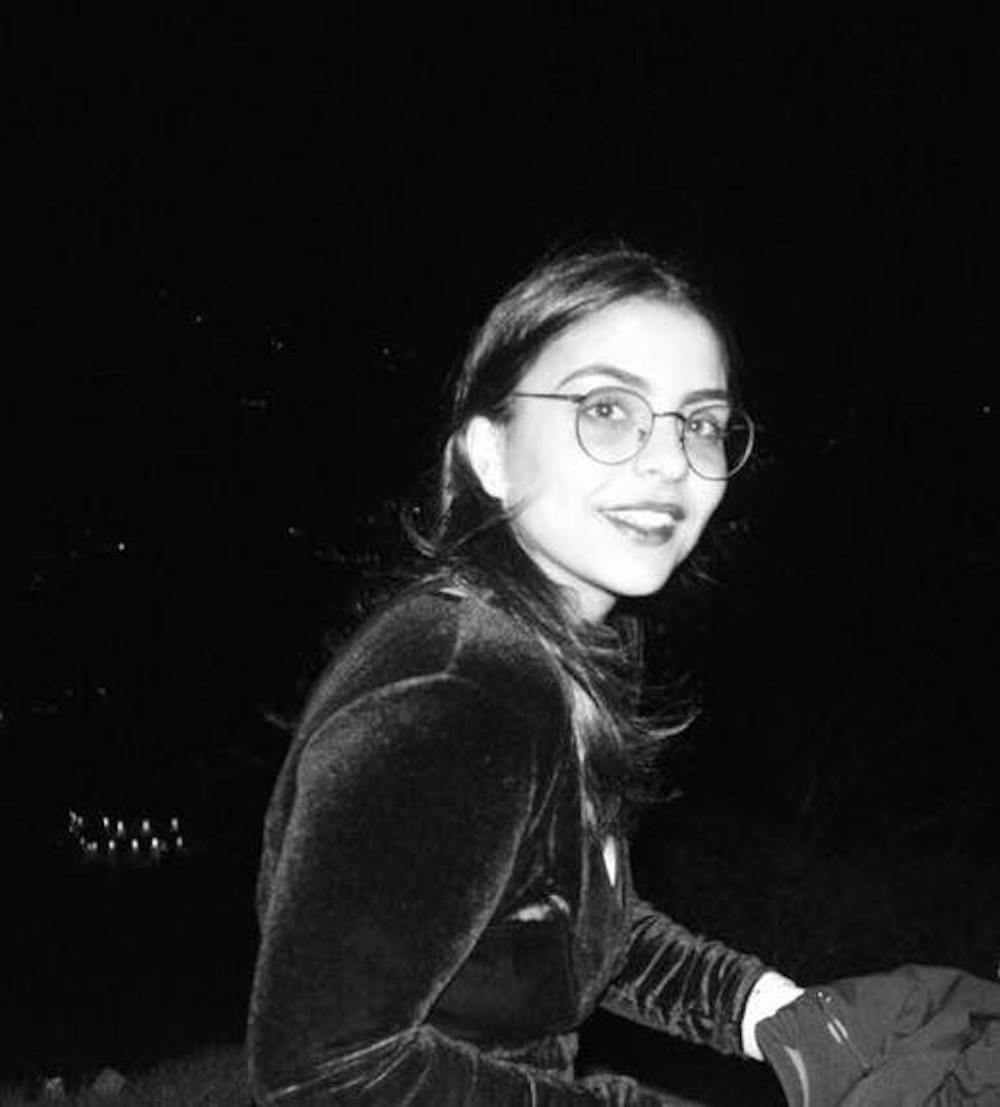As the University of Portland attempts to revitalize diversity and inclusivity on our campus, I would like to offer a new perspective — a lost piece of history — that I believe has gone unheard for far too long. As we enter the month of April, I would like to bring your attention to the story of my people, the story of the Armenian Genocide.
"The Armenian what?"
"The Albanians?"
"Armenian like the Kardashians?"
These are some of the responses that I have heard when trying to explain the genocide to my peers in Portland. Having been born in Los Angeles, where a large diaspora Armenian population thrives, I have found myself feeling increasingly lost and alone on this campus where so few people even know my homeland exists.
Beginning on April 24, 1915, the Ottoman Empire subjected approximately 1.5 million Armenians to a systematic slaughter that aimed specifically to cleanse the empire of its Armenian population. Such actions clearly constituted genocide, and today, most historians agree that the term “genocide” cannot be contested within the 1915 Armenian context. My ancestors were forced on death marches, facing unthinkable atrocities on their way. The Turkish countryside and the Deir Ezzor desert were littered with the corpses and the blood of my people.
For over a century, the story of the Armenian people has been swept under a rug, undermined into something reminiscent of a historical debate or question. "Who, after all, speaks today of the annihilation of the Armenians?" Adolf Hitler, attempting to justify the Holocaust, asked this question. The Turkish government does not speak of the Armenians. The United States does not speak of the Armenians.
But I do. I speak of my people. I remember my people. And as my fellow Pilots, I would like you to remember them as well.
One way that you might acknowledge the history of marginalized peoples, including the Armenians, is by demanding funding to create a multicultural center on our campus. Many students have already come forward in support of this idea. The UP multicultural center would advocate for underrepresented students, it would sustain a variety of meaningful dialogues, and it would host events that explore the intersectional and multicultural identities that help to make UP what it is. Only when there is a tangible and open space for our diverse student population to come together will the plan to increase diversity on our campus succeed.
Alexa Gris is a senior Political Science and French Studies double major. She can be reached at gris18@up.edu.








